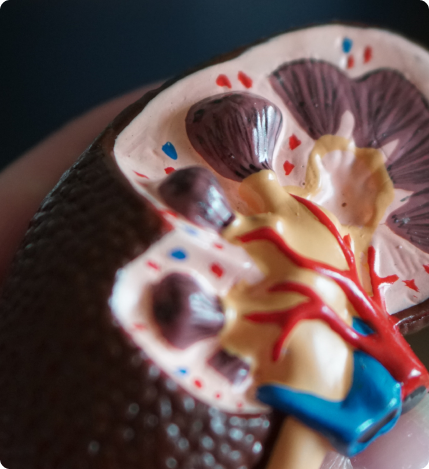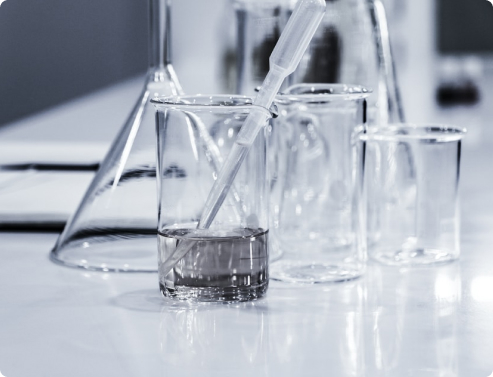Bladder stones

Bladder stones are small crystals that form in your urine. They are hard and become trapped in your bladder. Bladder stones come in all shapes and sizes. They are more common in men.
Bladder Stones symptoms
Bladder stones symptoms include stomach pain or pressure, cloudy or dark-coloured urine, blood in the urine, painful, urgent, and frequent urination, trouble passing urine, loss of urine control, pain in the penis for males, and signs of a urinary tract infection (UTI). However, not everyone experiences symptoms.
Causes of bladder stones
The following are common problems that lead to bladder stones: An enlarged prostate (BPH) blockage at the base of the bladder, bladder diverticulum urinary tract infection (UTI) radiation to the pelvis, nerve damage, bladder surgery, cystocele or not completely emptying the bladder. Acidic urine, overly concentrated urine, and a foreign object in the bladder can also cause bladder stones.
Bladder Stones diagnosis
We conduct a range of tests to diagnose bladder stones. They include:
- A urine test (a sample of your urine is sent to a lab to check for small bladder stones. The lab will also test your urine for signs of a urinary tract infection or blood)
- Pelvic imaging (CT scan, X-ray, ultrasound)
- Urinary tract imaging (CT scan), which might include a special dye injected into your veins to highlight the stones
- Cystoscopy (inserting a small, flexible tube attached to a camera into your urethra, where urine passes, to check for stones.)
- For men, a rectal exam may be recommended to check the prostate


Bladder stones are small crystals that form in your urine. They are hard and become trapped in your bladder. Bladder stones come in all shapes and sizes. They are more common in men.
Bladder Stones symptoms
Bladder stones symptoms include stomach pain or pressure, cloudy or dark-coloured urine, blood in the urine, painful, urgent, and frequent urination, trouble passing urine, loss of urine control, pain in the penis for males, and signs of a urinary tract infection (UTI). However, not everyone experiences symptoms.
Causes of bladder stones
The following are common problems that lead to bladder stones: An enlarged prostate (BPH) blockage at the base of the bladder, bladder diverticulum urinary tract infection (UTI) radiation to the pelvis, nerve damage, bladder surgery, cystocele or not completely emptying the bladder. Acidic urine, overly concentrated urine, and a foreign object in the bladder can also cause bladder stones.

Bladder Stones Diagnosis
We conduct a range of tests to diagnose bladder stones. They include:
- A urine test (a sample of your urine is sent to a lab to check for small bladder stones. The lab will also test your urine for signs of a urinary tract infection or blood)
- Pelvic imaging (CT scan, X-ray, ultrasound)
- Urinary tract imaging (CT scan), which might include a special dye injected into your veins to highlight the stones
- Cystoscopy (inserting a small, flexible tube attached to a camera into your urethra, where urine passes, to check for stones.)
- For men, a rectal exam may be recommended to check the prostate
Bladder Stones Treatment Options
Some small bladder stones pass on their own as you urinate. There may be some pain as they pass. Drink at least 6 to 8 glasses of water each day to increase urination.
In most cases, we will need to remove the stones. The most common way is to use a cystoscope. A small tube attached to a camera is inserted into your urethra. The camera detects the stones. The doctor uses a laser or ultrasound to break the stones into smaller sizes. Fluids will wash out the remaining pieces. This procedure is called cystolitholapaxy.
For larger stones, surgery may be necessary. The doctor cuts an opening near your pelvis to remove the stones. Surgery requires some form of anaesthesia. You may have to stay in a hospital.
Bladder Stones Prevention
Prevent the occurrence of bladder stones by treating a UTI early, drinking plenty of water, avoiding food high in fat, salt, and sugar, avoiding smoking, and not waiting to see the urologist when you notice symptoms.